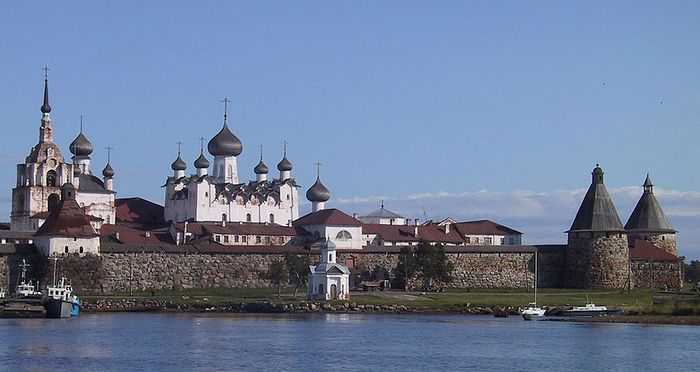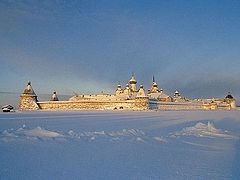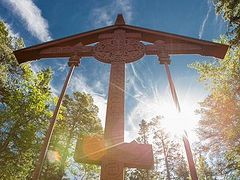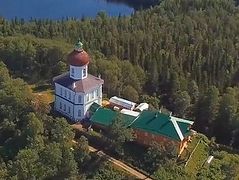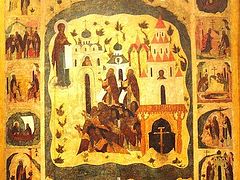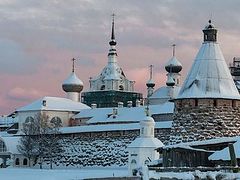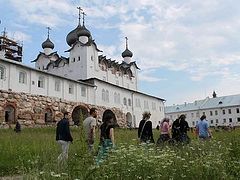Solovetsky Islands, Russia, November 1, 2017
A new federal nature reserve will be created on the Solovetsky (Solovki) Islands. A draft proposal for the project has been sent to the Russian government by the head of the Ministry of Nature Sergei Donskoy, reports the ministry’s website.
A letter of Minister Donskoy notes that “the creation of a federal reserve will not only not hinder religious activities, as is clear from the draft regulations for the reserve, carefully examined by the Russian Ministry of Nature and the legal service of the Moscow Patriarchate, but it will facilitate the preservation of the authenticity and special ‘spiritual climate’ of the monastery.”
As the department head notes, the reserve will give the possibility at the state level to suppress crime in the conservation area and to enforce the preservation of the unique island nature, along with the brethren of the monastery.
The process of degradation of the natural complexes of the Solovetsky Archipelago has been rampant in recent years, according to the Ministry of Nature.
“Unregulated recreational pressure on the environs and inefficient environmental management had led to a decline in the number of colonial birds and marine mammals, a drop in the species of fauna and flora of the archipelago, the polluting of the territory, the deterioration of the forest ecosystems, and other lamentable consequences of anthropogenic impact,” the ministry’s message states.
The creation of the reserve will be carried out pursuant to instructions from the Russian state in the framework of a complex of measures aimed at the preservation of the spiritual, cultural, and natural inheritance of the Solovetsky Archipelago.
The directive to create the nature reserve fist came in February of last year when Prime Minister Dimitry Medvedev signed an order on measures to preserve and develop the archipelago, including building and repairing monuments on the Solovetsky archipelago, restoring and preserving the archipelago’s cultural heritage, and setting up a Federal nature reserve in the area.
The measures are to be implemented from 2016 to 2020.
The monastery at Solovki, a World Heritage site, was founded in the 15th century, and grew to become one of the richest and most prestigious religious centers in the Russian empire.
For 16 years in the 1920s and 1930s it served as a prison for political undesirables—becoming the model for the Gulag system of prison camps.
The monastery was restored to the Church in the early 1990s, and the islands have become an increasingly popular place of pilgrimage and secular tourism since the monastery was reopened. Today about 30,000 to 40,000 thousand tourists visit the islands each year.

